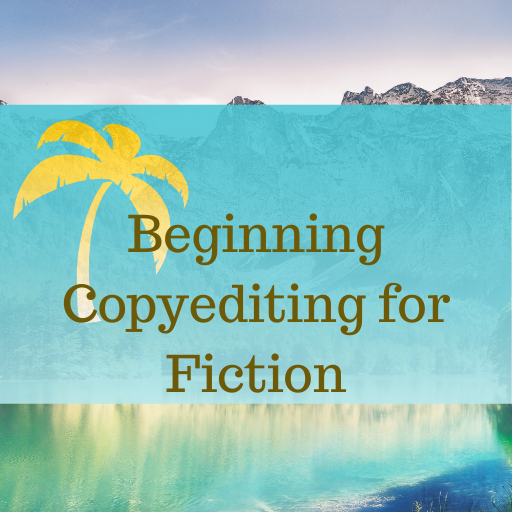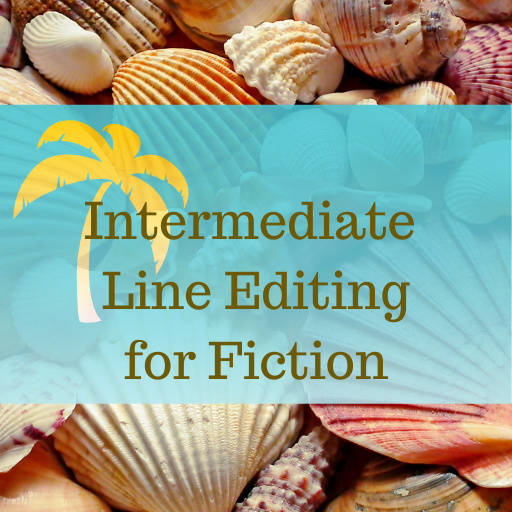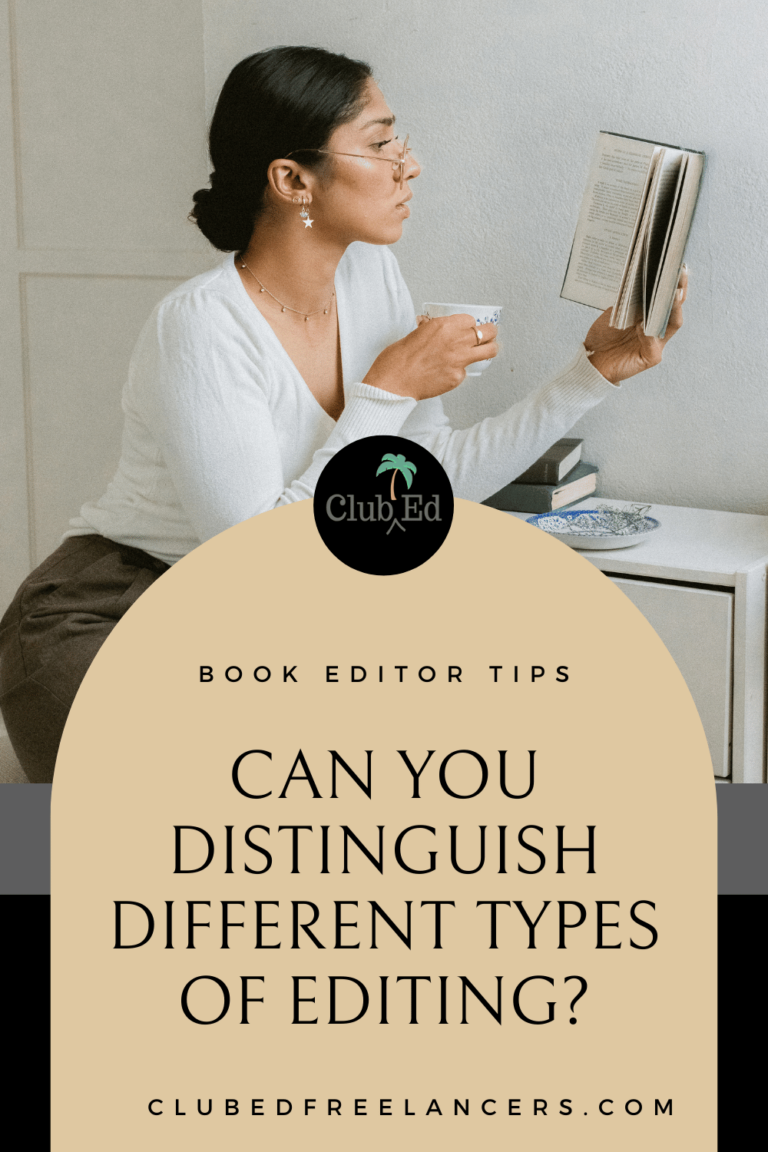Avoiding “Here’s How I Would Write it” as an Editor
Have you used the “here’s how I would write it” editorial query?
In making editorial suggestions, editors sometimes drift into “here’s how I would write it” territory, which is something I discourage. Authors don’t care what you would have done. They want to learn what they can do that will make their manuscript better.

What “Here’s How I Would Write It” Means
First, let me quickly say here that providing solutions to manuscript problems is not by itself saying, “Here’s how I would write it.” What I mean by “here’s how I would write it” is imposing your own preferences on the manuscript or trying to prove your knowledge by making suggestions that don’t materially improve the ms.
For example, if you’re uninterested in bull riding and the protagonist of the novel you’re editing is on the rodeo circuit, it’s not okay to say, “To solve the problem with setting, move the story to Manhattan and make the protagonist a book editor.”
Showing off your knowledge is a type of “here’s how I would write it.” I’ve seen editors remark things like, “These kinds of cars can travel four hundred miles on one charge! Maybe you should work that into your story.”
Uh, why? If these kinds of cars can travel four hundred miles on one charge and the author has them going six hundred miles on one charge, then it would be fair to include a fact-checking query. But a query just to display your knowledge is not okay.
Look to the Manuscript for Solutions
To be sure that our suggestions are not “you’re doing it wrong—here’s the way I would have written this book,” we have to be sure our suggestions are supported by the ms—in fact, it’s ideal if the solutions can be situated in the ms itself: “AU: Move this explanation to Chapter One” or “AU: Since Nicola is a magician, consider having her perform a card trick here.”
Of course, sometimes we do have to make up a solution—there really isn’t anything in the ms as it’s currently written that solves the problem. But we can almost always find elements in the ms to use. Often it’s just a matter of having the author bring them out more.
If an editor’s suggestions are along the lines of: “AU: This historical novel about Anne Boleyn would be so much more interesting if you turned all the characters into aliens and moved the action to Neptune” then of course the author is going to be annoyed.
But for the most part as long as suggestions are rooted in the ms itself, authors may or may not agree with them and may or may not follow them but they’re not likely to feel you’re trying to get them to write the story the way you would have written it.
I find that if I’m absolutely convinced that one answer is the only answer, that’s a sign that I’m trying to write the story the way I would have written it. When I can see several possibilities, that’s more likely to be my objective editorial eye.
Other Helpful Content
-
How to Create Defensible Edits
As a developmental editor, you need to know how to create defensible edits of a manuscript to help authors put out their best work. Tips for How to Create Defensible Edits When you’re doing a developmental edit—looking at the big-picture overview of a novel—you’ll generally be expected to provide two main services: The editing on…
-
When Is a Book Ready for Editing?
Both authors and editors have the same question at some point in the book writing / publishing process: When is a book ready for editing? So When IS a Book Ready for Editing? The creative process is not timely and linear, which is why, as an editor, I don’t book edits before an author’s manuscript…
-
Effective Client Communication for Book Editors
Managing client expectations is necessary for a successful business so here are my tips for effective client communication for book editors. My Top Tip for Effective Client Communication for Book Editors One way to avoid an unhappy client is to communicate all relevant information from the very beginning of your relationship with them. Clearly stated…
Join the Club!
New to story editing? Begin at the beginning.



